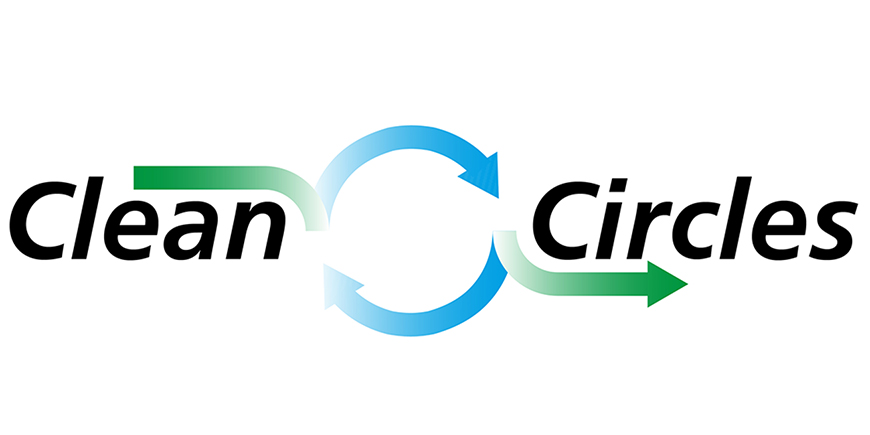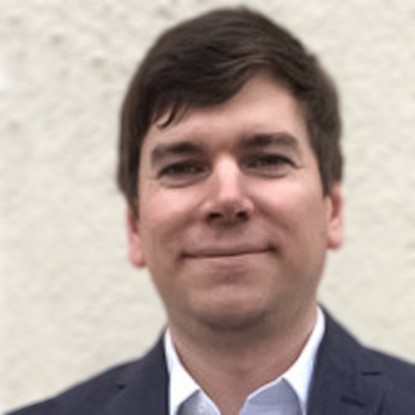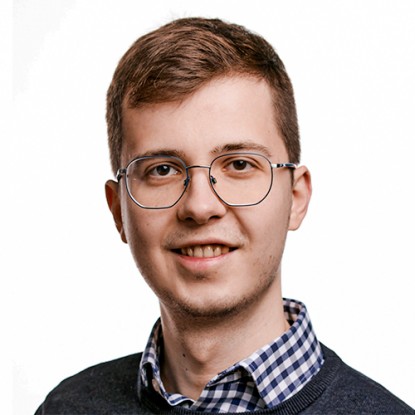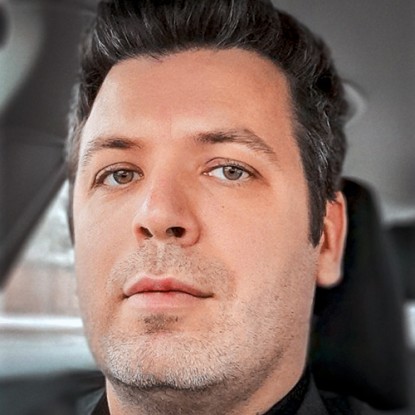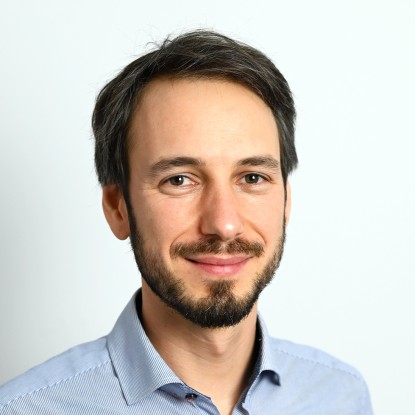The aim of this project is to develop models and deduce kinetics for the reduction of iron oxide using DFT calculations. While the various FeOx bulk phases are very well understood, there are still open questions related to the dynamics of reduction processes on FeOx surfaces at the atomic scale. In particular, the kinetic barriers on the surfaces of various iron oxides as well as on their phase boundaries are largely missing. Likewise, a detailed atomistic view on how the reduction of Fe2O3 over Fe3O4 and FeO to Fe is facilitated and how the interplay of surface kinetics and bulk diffusion (of e.g. hydrogen or oxygen) looks like is still sparse.
This subproject aims for an improved understanding of these surface processes and bulk diffusion using DFT calculations. We will construct various FeOx/FeOy interface models to investigate how reduction as well as diffusion barriers depend on local atomic environment. The models will also serve as an input to the project of J.-D. Grunwaldt on the spectroscopic characterization of the FeOx reduction process as they will help to simulate e.g. XANES or EXAFS spectra. The observed kinetic barriers at the atomic scale will feed into kinetic simulations of the group of O. Deutschmann and lead to an understanding of the overall reduction process at the macro-scale. Investigations of the electrochemical reduction processes using DFT calculations in collaboration with the group of U. Kramm are also envisioned.
Scientific challenges
1. Construction of various iron oxide surfaces and interfaces
2. Calculation of surface reduction and interface/bulk diffusion barriers in collaboration with the group of O. Deutschmann
3. Interpretation of X-ray spectra in collaboration with the group of J.-D. Grunwaldt
4. Development of the theoretical description of reduction at the atomic and micro-scale in collaboration with the Grunwaldt and Deutschmann group.
